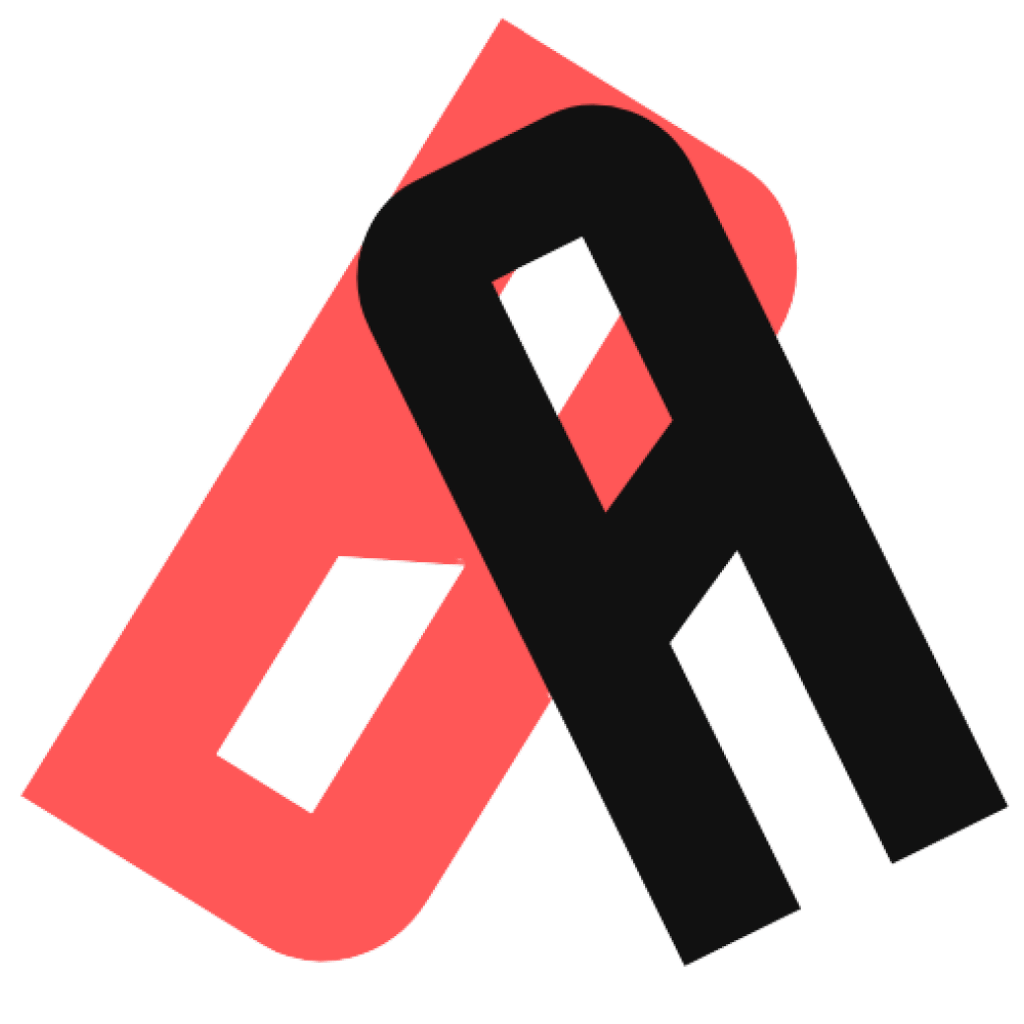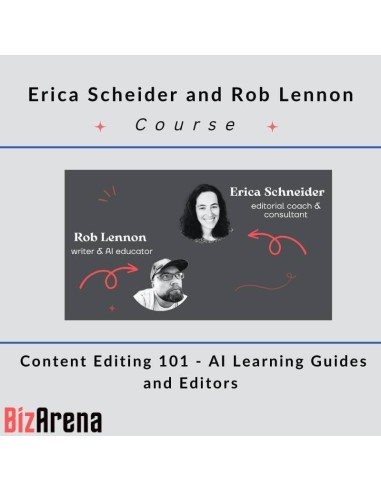The ONLY content editing course that gives you tools & frameworks to improve your writing and cut editing time. Guaranteed to kill decision fatigue and build confidence.
Dear writer (new, experienced, or somewhere in between),
Imagine every piece of content you write engages readers from start to finish.
People are hooked, intrigued, and convinced by your lessons and stories.
You tap into people’s emotions whenever you post or publish and attract dream clients into your pipeline.
This dream can become a reality, but only if you understand how to edit your content.
Your content deserves to be seen, read, and remembered.
But…
Weak editing skills sabotage your reach and conversions.
If you don’t have a process for what to change and why, you’ll freeze.
You’ll never remove friction points because you struggle to identify what needs to get cut and what should stay.
You’ll never kill your darlings, even though deep down, you know “clear, not clever” is the best way to keep readers in flow.
And you’ll never become a faster writer because you edit as you write instead of separating the two and following a proven process.
This is a huge bummer for everyone involved.
Your hard work gets ignored, and readers feel disappointed, confused, and bored because your content didn’t live up to its potential.
There’s an easy fix to this, and it doesn’t involve going back to English class or studying grammar.
See, Justin gets it:
Before I get into how editing works, let me tell you a little story:
How I went from a low-paid Upwork writer furiously applying to 50+ jobs a day to becoming Head of Content and helping 1000s of writers upskill and earn more money.
Why editing is the key to good writing
Growing up, I loved writing but had no clue how to make money from it.
I thought you needed an English degree or to become a journalist, neither of which I had or wanted to do.
So, I zig-zagged my way from job to job, picking up valuable skills but feeling zero passion.
In 2016, I left my startup job in Boston and moved to Thailand to teach English. I was craving a change and playing with the idea of becoming a teacher like half my relatives were.
I re-learned English grammar basics and taught it to 5-10-year-olds in a small Thai village.
It wasn’t like high school English class, which made most people (including me) sweat.
It was fun. Checking my students’ work reignited my love for the English language, words, and wordplay.
But the experience made me realize I didn’t want to teach forever—I wanted to play with words forever.
So, when I stopped teaching in 2017, I immediately started writing and editing. I applied to 50+ jobs daily on Upwork and accepted whatever I could get.
But the second I started getting feedback, I realized I had a problem.
For articles, social posts, you name it, I didn’t know how to write for people reading online.
My sentences averaged 25 words. My transitions were messy.
I wrote in passive voice. I overused adverbs. I leaned into clichés.
The way I'd learned to write in school, even the way I'd taught it to my Thai kids had been, well, pretty flawed.
Luckily, I had an Upwork client school me (kindly):
This was the first time I ever got editing feedback. It opened my eyes and immediately impacted my mindset and momentum.
Over the next few months, I furiously paid attention to and applied every bit of feedback I got.
I quickly improved, which helped me deliver better work and raise my prices.
I also learned an important lesson…
Anyone can learn to edit
Editing is a skill anyone can learn, but only if they have a good teacher.
Unfortunately, most people don’t have access to great editors.
Out of the 122 jobs I completed on Upwork, and dozens more referral gigs before I went in-house, I only ever had two good editors.
And that’s more than most writers get. Typically, as a paid writer, you get no feedback or bad feedback.
The unhelpful kind of feedback says “Change this” rather than something helpful like, “Change this because X, Y, Z.”
And if you’re a content creator or entrepreneur going it alone, you’ve got a .01% chance a professional editor will ever review your work.
So even though I got lucky with good feedback, I wanted to teach myself in tandem to speed up the learning process.
But I quickly noticed finding decent editing resources online is nearly impossible.
This is especially true for creating content and posting on social.
And if you do search for editing help, most advice on page 1 of Google tells you to “take a break” and “come back with fresh eyes” to edit later.
True, sure. But so basic.
There's next to nothing here about how to approach editing, what to look for, and what to do when you find it.
Sales Page: https://contentediting101.com/



 (1).png)